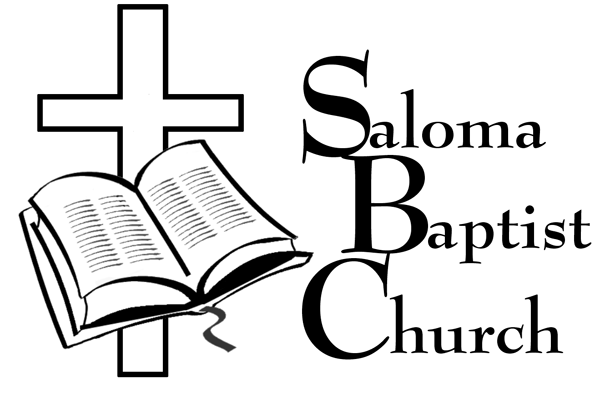During the months of May and June, I am delivering a sermon series on Sunday mornings at Saloma Baptist Church based on texts from the Sermon on the Mount (Matthew 5-7). In many ways, the Sermon on the Mount represents the core teachings of Jesus and his principal instructions to his disciples of all ages.
Timothy Keller, writing in his most recent book titled Hope in Times of Fear: The Resurrection and the Meaning of Easter, says this about the Sermon on the Mount on page 160 of the book; “Jesus’s call comes in the midst of the Sermon on the Mount, Jesus’s reissuing of the Ten Commandments, in which he tells disciples how to live, how to care for the poor, how to be generous with their wealth, how to love their neighbors. If believers are a counterculture of justice and peace, they become an attractive witness to the world, a foretaste and glimpse of the New Jerusalem, when all of human life will be healed by the presence and Lordship of Christ.” The Sermon on the Mount is central to our Christian faith.I certainly ask that you remember me in your prayers and thoughts as I prepare and bring these messages.
I certainly take all of the preaching that I do very seriously, but I feel that this particular sermon series is one of the more important ones that I have prepared and planned in many years. Why? The Sermon on the Mount is Jesus’s longest and most detailed teaching record that we have recorded in the four Gospels. It is a profound sermon that tells disciples and believers how to live out their faith. It remains as important and instructive to us in 2021 as it was for the disciples when Jesus spoke these words more than 2,000 years ago.
According to John R.W. Stott, “The Sermon on the Mount is probably the best-known part of the teaching of Jesus, though arguably it is the least understood, and certainly it is the least obeyed.” Scott seems to get at the real challenge we face when speaking of the Sermon of the Mount. We know where to find it in Matthew (as well as the shorter version in Luke 6:20-40), but we don’t fully understand all that Jesus has to say – and we certainly don’t seek to obey it as Scott points out. Some people even argue about the practicality of applying portions of Jesus’s teaching in the Sermon on the Mount in our post-modern and humanistic society – that much of what Jesus has to say in the Sermon on the Mount, including the beautiful Beatitudes found in the first of part of Matthew 5, is simply impractical to apply in this era.
In summary, Jesus is telling us how to be Christians in the Sermon on the Mount – salt of the earth and light of the world. He gives a detailed explanation and application of the Ten Commandments. Jesus shares some of the most difficult instructions in all of the Bible – to “love your enemies” and “to be perfect, as our Father in heaven is perfect.” He tells us to love Him and to love each other. There is a detailed explanation in the Sermon on the Mount on how to pray (we sure need this in 2021), including the Lord’s Prayer/Model Prayer. He discusses the topic of wealth and where is our treasure? Jesus reminds us to not worry about things in this life and says that God knows our needs. We are told to seek first the Kingdom of God and His righteousness. Instructions are given on how to ask God for help. Jesus closes out the sermon by teaching disciples on how to make proper choices and warns us against the teachings of false prophets. He declares that not everyone who calls upon the name of the Lord will enter into the Kingdom of Heaven – which is a very stark way to end the sermon.
The great New Testament scholar, William Barclay, stated: “One great scholar called the Sermon on the Mount ‘The Ordination Address to the Twelve.’ Just as a young minister has his task set out before him, when he is called to his first charge, so the Twelve received Jesus their ordination address before they went out to their task…All are agreed that in the Sermon on the Mount we have the essence of the teaching of Jesus to the inner circle of his chosen men.”
I would state that the Sermon on the Mount is just as important for us today as it was for the 12 disciples when Jesus first presented it. It is our “call to discipleship” and our “call to action” as his 21stcentury disciples and witnesses. Pray for me as I prepare and present these messages in May and June. My goal is to impart to all the basic teachings of Jesus in this section of the Gospels and to help us better understand what we are called to be doing in 2021 and beyond.
